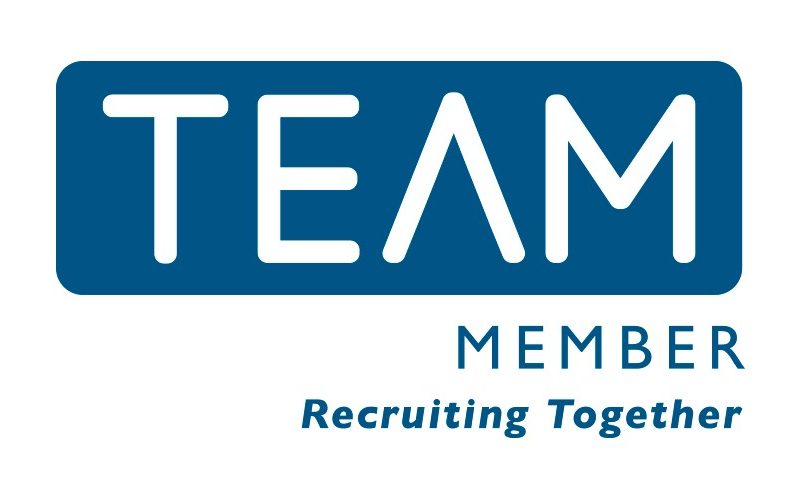Our Blog Posts
Thanks but no thanks!
1st July 2019 | Interview TipsJob Hunting

Are you finding your chosen candidate decides to regretfully decline your offer of employment? Rest assured, you are not alone.
“We are currently in a candidate driven market” I bet you are hearing this a lot lately, but exactly what is a candidate driven market? It’s something that affects all employers recruiting, with the candidates the ones who are in the driving seat! Candidates are often receiving multiple job offers, as well as their current employers trying to offer more for them to stay.
With this in mind, we thought we would look into the main reasons why candidates are rejecting offers.
The hiring process was too long… Or too short
This is a common mistake. Hiring teams take too long to go through the candidate selection process, often stretching it out for weeks, even months. While it is critical to ensure you are hiring the right person for the job, it’s also important that the hiring process doesn’t drag on and make the candidate feel like they are repeating several steps. Remember, the likelihood is the candidate you are interviewing is in full time employment and they can find it difficult to book time off work.
On the flip side, a very short interview, followed by an offer can have the same result. You may well have identified the candidate is for you very early on, but remember, interviews work both ways and the candidate will be assessing if you and the company is somewhere they can see themselves working. Balance is key!
The candidate didn’t feel special
Top talent is always in demand. If your offer didn’t make that candidate feel special and highly desired, then they are likely to continue to keep looking or stay in their current job. Remember, top-tier candidates are usually employed when they interview with you, so they are not desperate job-seekers.
Less than stellar interview process
If a candidate is treated poorly during any part of the interviewing process, it’s easy for them to assume that this is the way they will be treated as an employee. A bad interview experience can include you being late for the scheduled interview or answering calls or texts on your smartphone during your meeting, not asking them questions and getting to know them etc. Furthermore, an applicant that’s experienced a bad interview, may share their experience across the online and social media universe.
Lack of feedback during the interview process
Communication is key. If your company asks a candidate to come back for multiple interview rounds, but isn’t being provided with feedback or information of the next round, they are likely to lose interest very quickly.
These are just a few reasons we have come across over years of experience. Of course, a candidate can reject for many other reasons but if you have these principles in place, the less likely it will become. Our consultants are always on hand to offer advice so if in doubt, just give us a call!






































